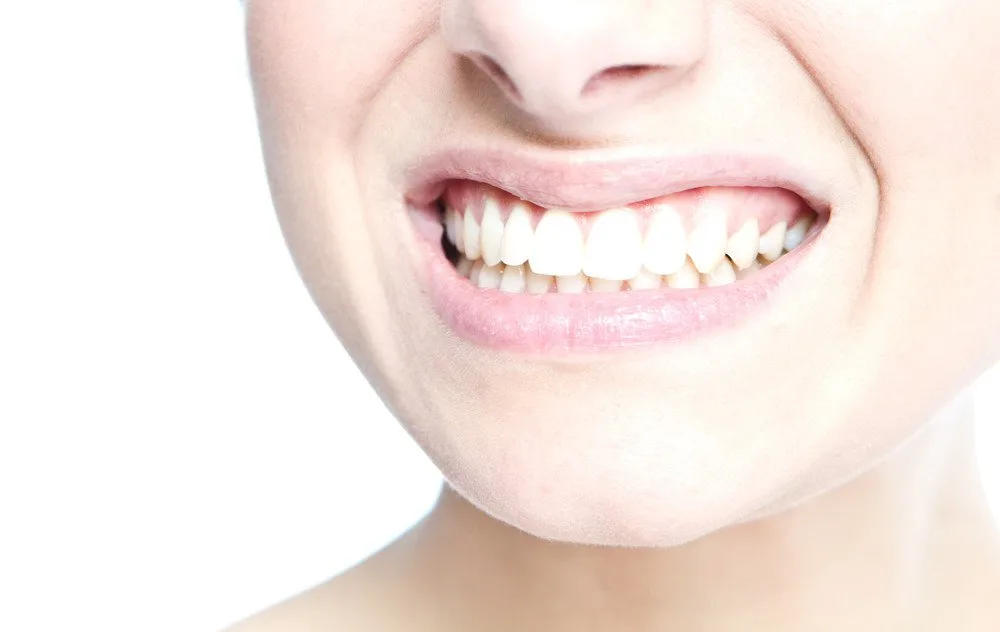Wisdom teeth are the third set of molars that we grow in our teens or early twenties, ideally. These are very useful if they are correctly aligned. There is a lot to know about what the purpose of wisdom teeth is, why they exist, and why we have them. By Kevin Wilson.
Why are wisdom teeth called so?
They grow out at a time when you are presumed to become ‘wiser,’ so they are called wisdom teeth. Just because all of your wisdom teeth aren’t visible doesn’t mean they aren’t there. For some people, wisdom teeth don’t ever erupt and won’t ever become visible. If you want to know, an X-ray can confirm if you have wisdom teeth under your gums.
What are the problems associated with wisdom teeth?
Since these are mostly misaligned, a lot of patients face problems when they grow out wisdom teeth. Since our jaws have mostly grown when these teeth come out, they face problems due to not fitting in. Some of these problems include:
- cysts under the gums and possibly tumors
- increased tooth decay
- Crowded teeth
- wisdom teeth growing in sideways
- Crooked teeth
- jaw pain
Whether visible or not, our wisdom teeth can be problematic to our oral health. Wisdom teeth that haven’t erupted through the gums are called impacted and tend to cause even more problems. This has led to the rising popularity of dental wisdom tooth removal procedures.
How are they different from molars?
Humans grow teeth in different phases. Firstly, while we are very small babies when we have milk teeth. Then in preadolescence and adolescence, when our permanent teeth grow out completely. Wisdom teeth are the last phase of molars and teeth in general.
They are no longer necessary since our food habits have also evolved in the last few years. But since they are a category of molars, around 50% of people get them. They are different from molars since they are not necessary and not correctly aligned either.
Why should we get them removed?
They can be responsible for a lot of problems with our oral hygiene. A lot of people have also complained of extreme pain. Apart from that, there are also chances of disrupting the other teeth and their functioning. The removal is as convenient as any other tooth extraction, so one shouldn’t fret too much.
A wisdom tooth that is underneath the gums and embedded in the jawbone is treated with an incision into the gums. Then, removal of the portion of bone that lies over the tooth is done. This ensures that all your other teeth do not have a faulty structure.
Finding a suitable doctor
If you are looking for wisdom tooth removal, make sure you choose the right doctor. Having a good doctor will help you make the extraction process easier. You will get their expertise and knowledge to help you out. This includes medicines, precautions, and after-surgery service, etc. that will give you all-round supervision for the removal process.
Want to know more?
When it comes to oral health, there’s more you can do for your teeth and gums than floss and brush. Ancient Ayurvedic practices like oil pulling, datum, and tongue scraping can also keep your teeth healthy and strong. Click on this link to find out how these practices can improve your oral health.


